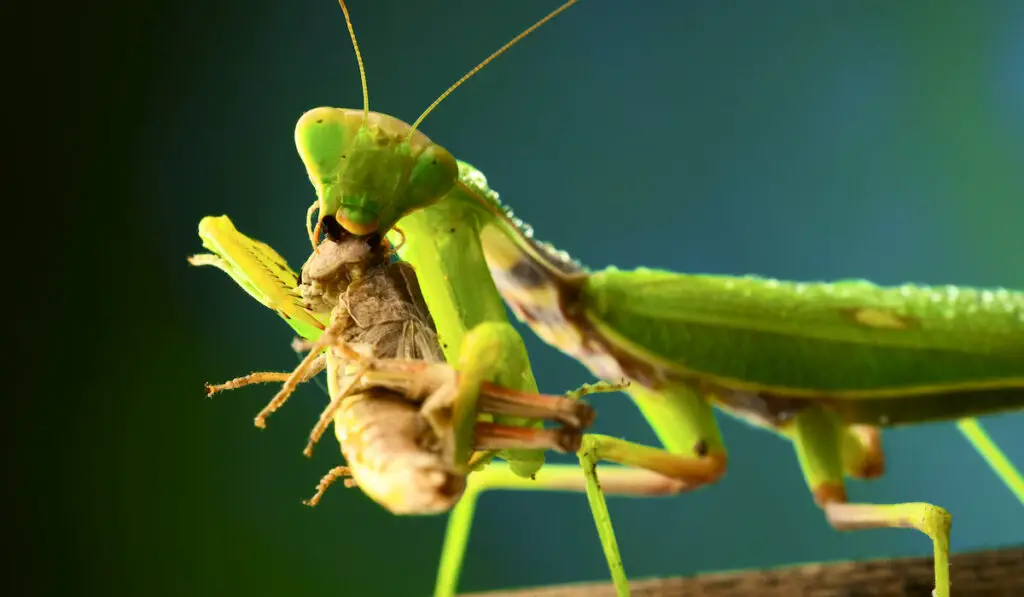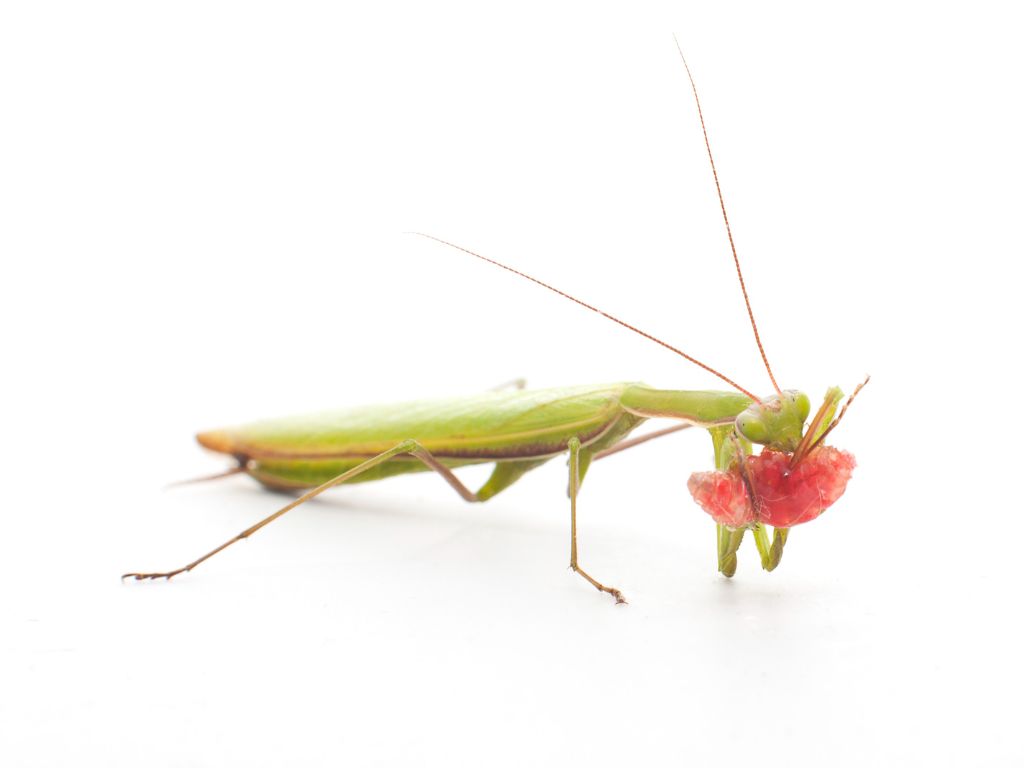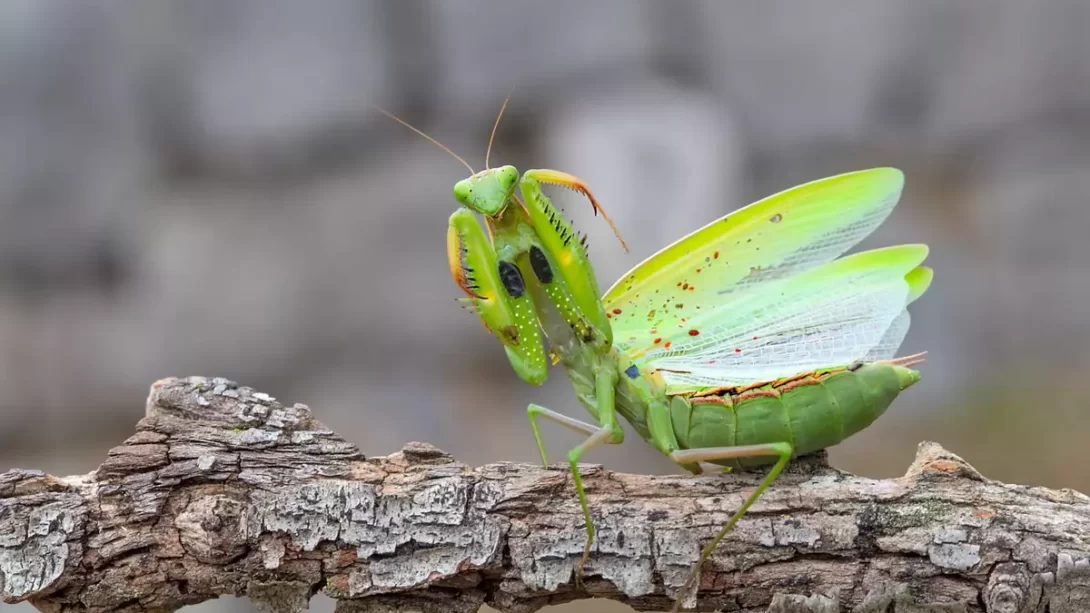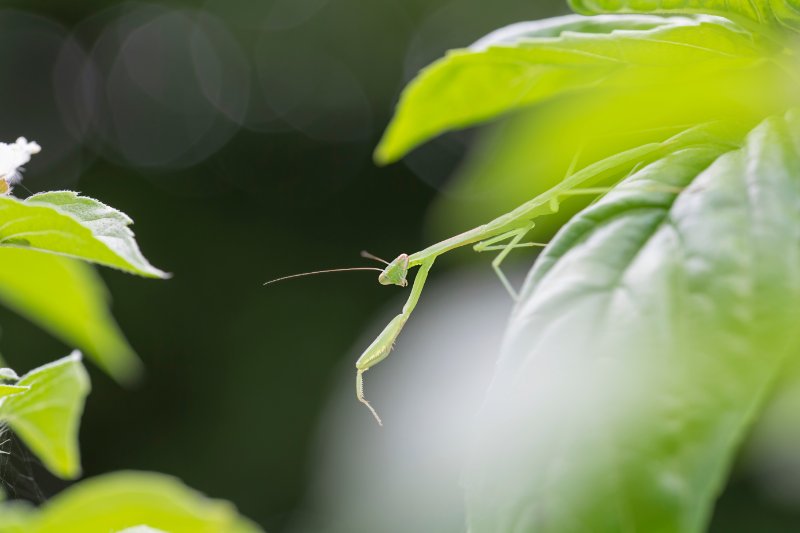What Do Praying Mantis Eat Biology Diagrams
What Do Praying Mantis Eat Biology Diagrams Praying mantis do well if supplied with as much food as they can eat, but they predominantly feed on crickets, grasshoppers, spiders, monarch butterflies, beetles, and occasionally other praying mantises. In summary, praying mantises are carnivorous insects that primarily eat other insects. The food chain is a crucial concept in ecosystems, and the praying mantis occupies an important place in this system. Its role as a predator places it in a middle trophic level, which means that it can affect both prey populations and those of other predators.

The food needs of praying mantises vary based on factors like species, development stage, size, and health. Adult male mantises typically require less food than females. Notable food sources include Dubia roaches, which are high in protein, along with fruit flies and superworms. Occasionally, they may eat arachnids or small vertebrates like mice, frogs, or even fish.

What Do They Eat and How? Biology Diagrams
Praying mantis: This garden insect is carnivorous and feeds on other insects, lizards, frogs, and even small birds. It is an ambush predator.

Are praying mantis victims to other predators? Even though the praying mantis is a ferocious and predatory insect, it does not mean they are safe from other insects or animals. As previously stated, a praying mantis can fall victim to their own kind - another praying mantis.

The Praying Mantis Biology Diagrams
In conclusion, praying mantis are important predators in the garden, feeding on a wide variety of insects and other small invertebrates. By understanding what they eat and how they hunt, gardeners can appreciate their role in maintaining a balanced ecosystem and learn how to attract these beneficial insects to their gardens.
